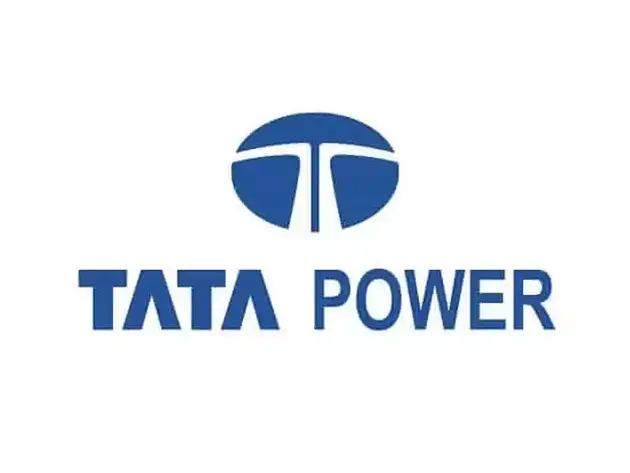Trending Posts
OnePlus 13s Teased in Three New Colors Ahead…
The much-anticipated OnePlus 13s is gearing up for its official launch in India, and the company has already…
HPBOSE 10th Results 2025 Declared: 79.8% Students Pass,…
The Himachal Pradesh Board of School Education (HPBOSE) has officially declared the Class 10 board exam results for…
Tata Power Q4 Results: Profit Jumps 25% YoY,…
Tata Power Q4 results show 25% YoY PAT growth driven by solar EPC and renewables. Analysts see up…
Clemson vs Smu : Clemson Wins ACC Championship…
CHARLOTTE, N.C. — Clemson’s improbable season took a stunning turn Saturday night as freshman kicker Nolan Hauser nailed…
Zepbound Users Discuss Weight Loss Success Amid New…
Eli Lilly Highlights Zepbound’s Weight Loss Potential Pharmaceutical giant Eli Lilly has announced promising preliminary research indicating that…
Dogecoin’s Ascent Toward $0.44848: A Bullish Breakout in…
Dogecoin (DOGE), the cryptocurrency known for its community-driven appeal and resilience, is capturing the spotlight again as it…
Alexandre Pantoja Submits Kai Asakura, Retains Flyweight Title…
Alexandre Pantoja proved why he’s the king of the flyweight division, successfully defending his championship by submitting Kai…
‘Hawk Tuah’ Creator Haliey Welch Faces Backlash Over…
Haliey Welch, the 22-year-old internet sensation behind the viral “Hawk Tuah” TikTok video, is under fire following the…
California Trucking Company Kal Freight Files for Chapter…
In a significant development in the logistics and transportation sector, Kal Freight, a prominent California-based trucking company, has…
Trending Posts
Latest Stories
OnePlus 13s Teased in Three New Colors Ahead of India Launch: Key Features, Price, and More
The much-anticipated OnePlus 13s is gearing up for its official launch in India, and the…
HPBOSE 10th Results 2025 Declared: 79.8% Students Pass, Check Direct Link and Scorecard Details
The Himachal Pradesh Board of School Education (HPBOSE) has officially declared the Class 10 board…
Tata Power Q4 Results: Profit Jumps 25% YoY, Analysts See Up to 20% Upside Potential
Tata Power Q4 results show 25% YoY PAT growth driven by solar EPC and renewables.…
Clemson vs Smu : Clemson Wins ACC Championship on Nolan Hauser’s Dramatic 56-Yard Walk-Off Field Goal
CHARLOTTE, N.C. — Clemson’s improbable season took a stunning turn Saturday night as freshman kicker…



















